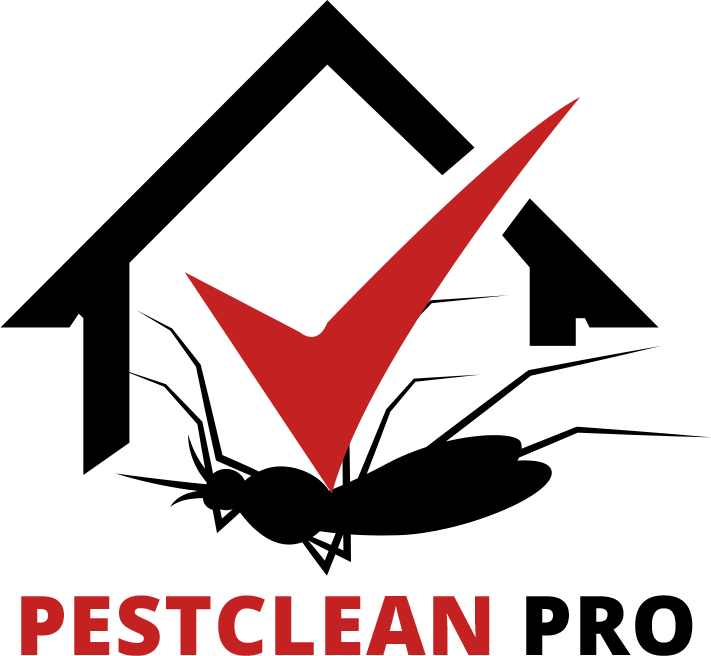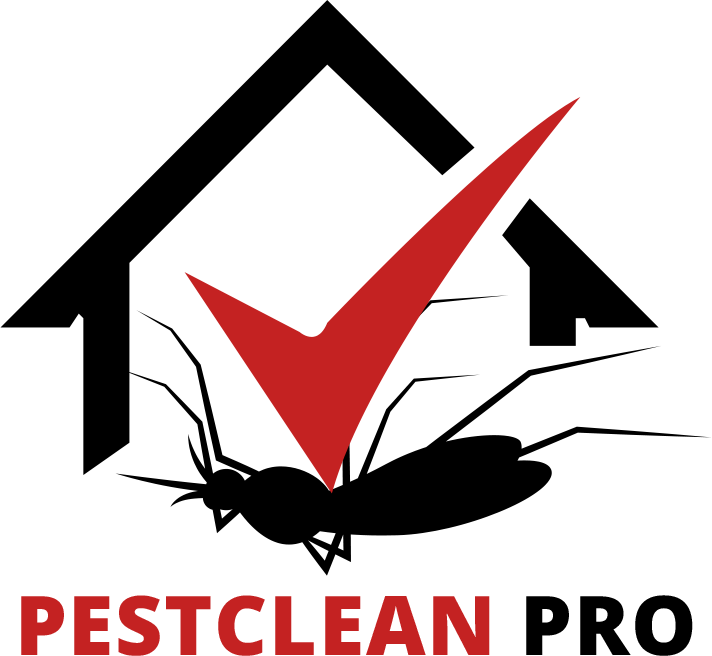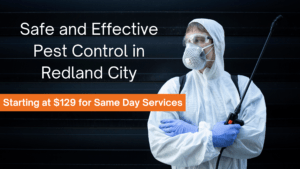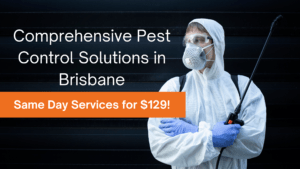Wasps are a common sight in Queensland, especially during the warmer months. While they play a vital role in the ecosystem by pollinating plants and controlling other insect populations, their presence around your home can be a cause for concern. Wasps can become aggressive when they feel threatened, leading to painful stings that can be dangerous, especially for those with allergies. To keep your home and family safe, it’s essential to understand how to protect your Queensland home from wasps and when to seek professional wasps pest control.
1. Understanding the Wasp Problem in Queensland
Queensland’s warm climate makes it an ideal environment for wasps to thrive. These insects are particularly active during the spring and summer when they build their nests in various locations around homes, such as under eaves, in trees, or even in the ground. Wasps are attracted to food and sugary drinks, making outdoor activities like barbecues a magnet for these pests. Understanding their behaviour and knowing where they are likely to nest is the first step in protecting your home from a wasp invasion.
2. Signs of a Wasp Infestation
Early detection of a wasp infestation is crucial for preventing the problem from escalating.
Here are some signs to watch out for:
- Increased Wasp Activity: If you notice more wasps than usual around your home, particularly near food sources or water, it’s a strong indication that a nest may be nearby.
- Visible Nests: Wasps build nests out of a paper-like material made from chewed wood fibres mixed with saliva. These nests can be found in sheltered locations such as under eaves, in sheds, or in trees. Ground-nesting wasps create holes in the ground as entry points to their nests.
- Buzzing Sounds: A constant buzzing sound in certain areas of your home or garden may indicate the presence of a wasp nest. This sound is caused by the wasps’ wings as they fly in and out of the nest.
- Aggressive Behaviour: Wasps become more aggressive when their nest is threatened. If you notice wasps acting aggressively towards you or your family, it’s likely they are defending a nearby nest.
3. Preventive Measures to Protect Your Home from Wasps
Preventing a wasp infestation is often easier than dealing with one.
Here are some preventive measures you can take to protect your Queensland home:
- Seal Entry Points: Inspect your home for potential entry points where wasps could build nests. Seal cracks, crevices, and gaps around windows, doors, and rooflines to prevent wasps from entering your home.
- Remove Food Sources: Wasps are attracted to food, especially sugary substances. Keep outdoor areas clean by promptly clearing away food and drink remnants, covering bins, and storing pet food indoors.
- Maintain Your Garden: Regularly trim trees and shrubs near your home to reduce potential nesting sites. Keep your lawn mowed to discourage ground-nesting wasps.
- Install Wasp Traps: Place wasp traps around your property, especially in areas where wasps are frequently seen. These traps can help reduce the number of wasps around your home by luring and trapping them.
- Use Natural Repellents: Some plants, such as mint and eucalyptus, are known to repel wasps. Consider planting these around your home or using essential oils as natural deterrents.
4. The Importance of Professional Wasps Pest Control
While preventive measures can help reduce the likelihood of a wasp infestation, professional wasps pest control services are often necessary to effectively eliminate a problem once it has developed.
Here’s why hiring a professional is essential:
- Expert Identification: A professional pest control technician can accurately identify the type of wasp species and the extent of the infestation. This information is crucial for determining the most effective treatment plan.
- Safe Nest Removal: Removing a wasp nest can be dangerous, especially if the nest is large or located in a difficult-to-reach area. Professionals have the proper equipment and protective gear to safely remove nests without risking injury.
- Effective Treatments: Professional pest control services use specialised treatments that are more effective than over-the-counter solutions. These treatments are designed to eliminate the entire colony and prevent future infestations.
- Preventive Advice: In addition to treating the current infestation, professionals can offer advice on how to prevent wasps from returning. This may include recommendations on sealing entry points, maintaining your garden, and using deterrents.
5. What to Do If You Discover a Wasp Nest
If you discover a wasp nest on your property, it’s important to handle the situation carefully:
- Stay Calm: Avoid making sudden movements or disturbing the nest, as this can provoke the wasps to become aggressive.
- Keep a Safe Distance: Maintain a safe distance from the nest and keep children and pets away from the area.
- Contact a Professional: Do not attempt to remove the nest yourself. Contact a professional wasps pest control service to assess the situation and safely remove the nest.
Conclusion
Wasps can be more than just a nuisance—they can pose a real threat to your safety, especially in Queensland’s wasp-friendly climate. By understanding the signs of a wasp infestation and taking preventive measures, you can protect your home from these aggressive pests. However, when dealing with a wasp nest, professional wasps pest control services are essential to ensure the problem is resolved safely and effectively.
Don’t wait until the wasp population around your home becomes unmanageable. If you suspect a wasp infestation, contact a professional pest control service in Queensland today to keep your home and family safe.




